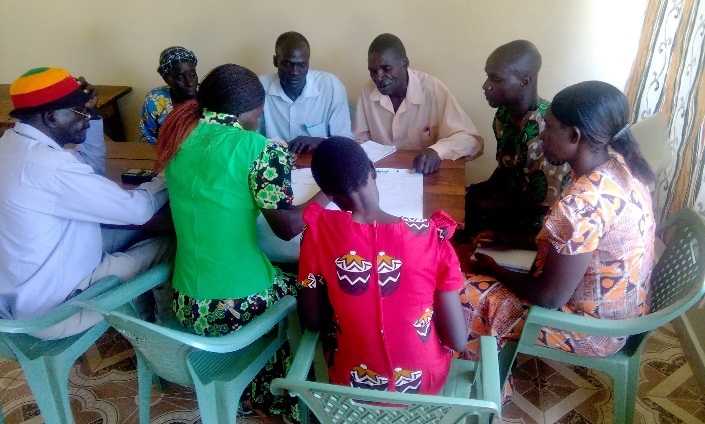

Ensuring that farmers are able to competitively supply food to any future home-grown school meals programme, or other institutional market, will be essential for improving livelihoods and generating broad-based health and economic growth. Currently, the guarantee of a steady supply of fresh vegetables remains a challenge and schools are accustomed to purchasing food from one or more larger traders following government guidelines for contracts and bidding processes. Trainings provided through the Farmer Business School on sustainable agricultural practices and the provision of certified seed have helped farmers scale up their production levels for indigenous vegetables, while guidance on gross margin analysis and bidding processes has increased farmer skills in contract negotiation and in determining an equitable price for their produce. Prior to the training, a limited number of farmers had attended market and value addition trainings, expecting third parties to undertake market searches on their behalf. Following the training, farmers were more confident about going out to seek their own markets, particularly after learning that institutional markets were open to purchasing indigenous vegetables to increase dietary diversity for their beneficiaries and to improve nutrition.
A consultative workshop held at the start of the project brought together farmer groups, schools and local administrators to identify the major constraints hindering the commercialization of African leafy vegetables. The workshop brought the supply (farmers) and demand (schools) sides of the value chain to the same table to discuss how the future supply of ALVs to institutional markets might look like, while an enabling environment was created for local administrators, who, prior to the project, had very little history of working together.
On the production side, garnering interest from farmers can prove a challenge as time constraints are often a limiting factor for women farmers who have other domestic duties and responsibilities. Ideally, more time needs to be allocated to the roll out the FBS for it to work effectively. Furthermore, greater emphasis needs to be devoted to building capacity in value addition to enable farmers to sustain production capacity throughout the year. The process of linking farmers to institutional markets can also be a slow process, mostly due to problems of a logistical nature (transport, other work commitments by stakeholders) and to challenges in garnering support for the project from county players. Frequent visits to the school need to be made to successfully engage the school administration and attention paid to ensure the surrounding community, school staff and parents are aware of any agreement for local procurement. Suspicions about personal gains may arise when there is no common understanding about a project or community ownership.